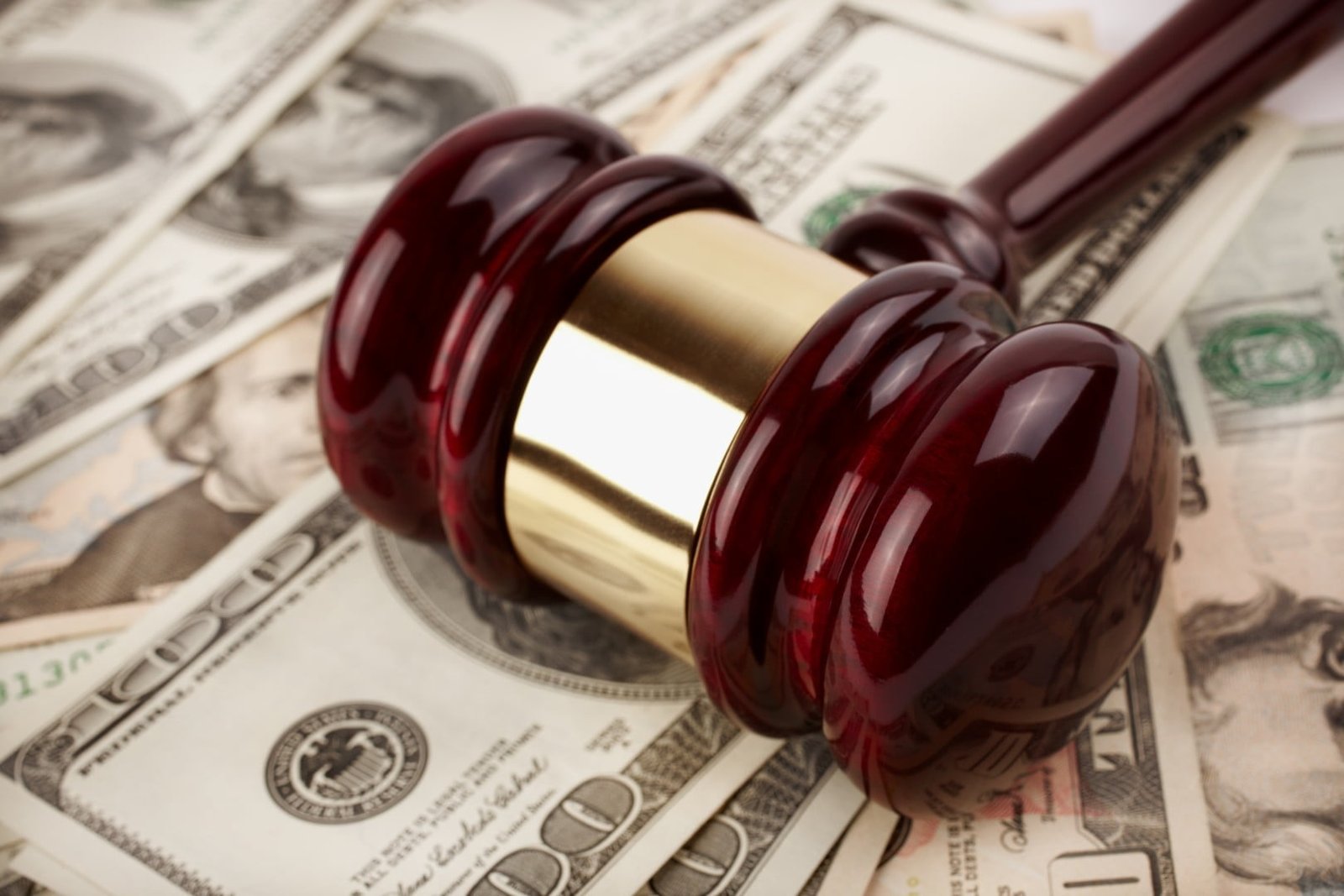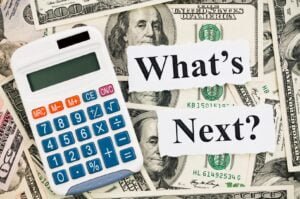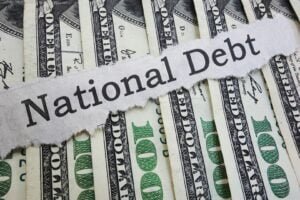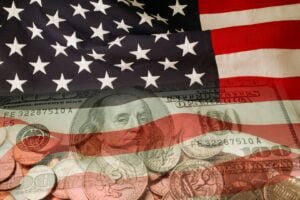YES, IT DID!! And Here’s How>>>
Although what the Department of Treasury sets its yield rates at is INDEPENDENT of what the Fed sets its (Federal Funds) interest rates at, if the Fed DID raise interest rates by what It was already considering–25 basis points (a ¼% interest rate hike), such a move, per expert opinion, would have had (or eventually have) an “upward trend” pressure impact-effect upon what yields the Treasury would then have to OFFER and PAY on their bonds being auctioned (which would amount to billions more!)
With Congress finally raising the debt ceiling (last month) allowing the Treasury to pay its U.S. Government debts and obligations already due and owing and, also in part, for those bills becoming due for the next two years (until January 2025), The Treasury will be auctioning a record $1 trillion in Treasury notes, T-bills, bonds and reverse repos.
If the Fed HAD RAISED interest rates even by a 1/4% as it had been contemplating, experienced buyers would have immediately known that at some point, probably at the Treasury’s next auction, the yield return investment rates on its bond issues would more than likely be 25 basis points (a ¼%) higher and these buyers would have most certainly WAITED or bought Treasuries with very short duration, e.g., 4-week T-bills!!
That would mean for a trillion dollars in bonds being offered for sale, it would potentially, at a ¼% more in yield, equate to the Treasury having to pay out an extra $2.5 billion per annum (assuming the full trillion in bonds were auctioned off.) And a ¼% increase over a 10-year period could amount to some $25 billion dollars more in extra debt servicing costs!!
Surprisingly, the Fed had been totally silent about the details of this pending Treasury auction, only stating about its decision for this interest rate hike “pause”, that it will “skip” (Fed Chairman Powell’s exact words) any interest rate hikes for the time being, in consideration of recent data showing lower inflation and higher unemployment going from 3.4% last month to 3.7% (though there was an actual increase in hirings adding some new 339,000 jobs.)
It seemed that the Fed ON PURPOSE did NOT raise interest rates specifically because of this up-and-coming Treasury bond auction(!!) which would have been the “smart thing to do” because if they (the Fed) had raised interest rates, experienced bond purchasers (as mentioned) almost certainly would have waited or bought say 4-week T-bills “gambling” that for the next auction, the Treasury would have to “bump up” its bond offerings by a ¼% as well. And if they (the Treasury) didn’t, well, what would these potential bond buyers lose?
Absolutely Nothing>>
Unless there was a specific purpose for a particular buyer to purchase bonds immediately, otherwise these potential bond buyers wouldn’t lose anything(!!) because the Treasury certainly wouldn’t have lowered any bond yields with or without a “bump up” of a 1/4% by the Fed.
Another thing to consider are real estate mortgages, both residential and commercial. Commentators and guests on Bloomberg, CNBC and Fox Business News ALL say interest rates are already HIGH enough!!. This is another reason why the Fed may have “paused” on interest rate hikes. When you’re talking about a 2, 3 or 5-year or even a 10-year business or consumer loan, a ¼ point can add up. But with a 30-year mortgage, even a 1/4 % point increase REALLY adds up!!!
Also, from a common-sense point of view, wouldn’t it be better to wait to see how many Treasuries were sold and if more sales were needed then the Treasury could consider increasing yield rates to make their bonds more attractive to purchase!! And the Fed could then do an interest rate hike as well after the Treasury raised its yield rates!! However, the present opinion is that money market funds will readily gobble-up these bonds with their present yield rates.
Something else to consider is that Treasury bond sales have the same effect as Quantitative Tightening–an action by the Fed that pulls money out of the business-consumer sector curbing inflation by lessening the situation of “too many dollars chasing too few goods”, a prime cause of inflation.
Also, the recent bank runs and failures from last month have caused banks to adopt more conversative lending policies to maintain their cash reserves which ALSO has the same effect as the Fed’s Quantitative Tightening by preventing excessive entrance of “dollars chasing too few goods”.
As a result, both Treasury bond sales and the banks cutting back on lending DIMINSHES the need for the Fed to raise interest rates to curb inflation as both these strategies mean—LESS money in the business-consumer sector!
Finally, besides price stability (the duty to control inflation), does the Fed have a duty and authority to make sure bond sales are conducted with success AND with minimum debt servicing costs? Yes, one could argue that became implicit when Congress raised the debt ceiling to prevent the U.S. from going into default thereby authorizing Janet Yellen and the Treasury to replenish their cash reserves for present and future governmental expenditures and (implicitly) for the Fed NOT to raise interest rates prior to or during this particular Treasury auction which would very well be (or become) counterproductive. But, if more sales were needed, then if Treasury yields were increased, raising interest rates would become appropriate.




